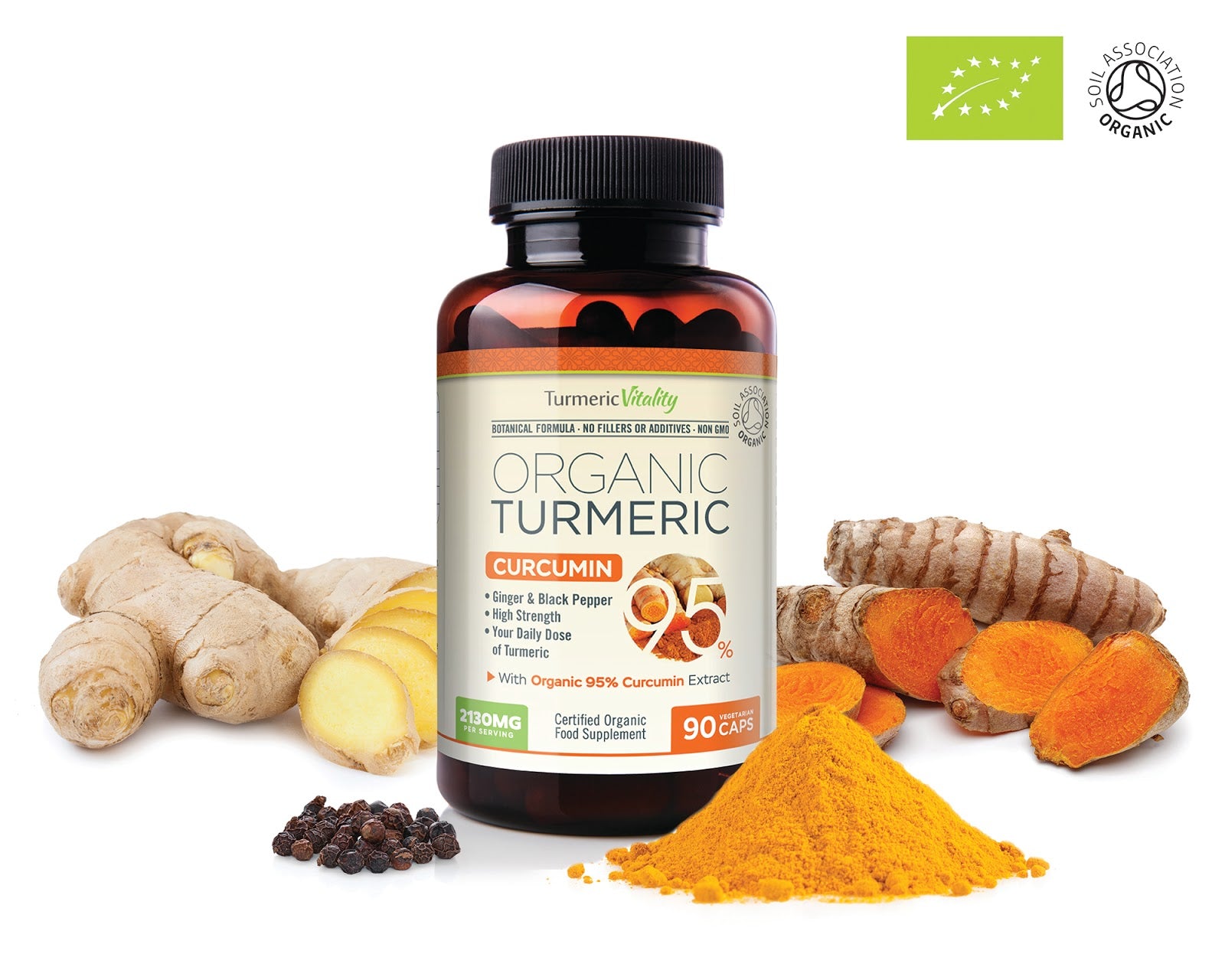Benefits of Selenium
Due to its more recent discovery as an essential mineral to antioxidant functions, not all the benefits of selenium have been fully studied and research is ongoing.
Here is an overview of what current research has proven about selenium.
1. Antioxidant/Anti-Inflammatory
As the name indicates, selenium is integral to the production of selenoproteins. These proteins are a key component both in antioxidant defence and in the stimulation of genes that produce antioxidants.
Having antioxidants in the body alleviates oxidative stress and keeps free radicals within ideal limits. Lower free radical counts protect vulnerable cells from damage and ensure better health and longevity.
Moreover, selenium blocks NF-kB activation (nuclear factor kappa-light-chain-enhancer of activated B cells), a primary factor in controlling inflammation throughout the body.
2. Immune Support
Researchers have found selenium possesses the unique ability to not only mitigate DNA damage but also to destroy cancer cells.
Nearly 70 studies have been conducted across a sample of 350,000 people. Their findings corroborated evidence that individuals with higher blood levels of selenium had a lower risk for certain cancers like breast, colon, prostate and lung cancer.
There is, however, one important caveat found in all these studies: participants with positive results maintained their high selenium levels via diet and not supplements. Some evidence indicated the benefits of oral selenium supplements in specific cases where individuals were undergoing radiation therapy for cancer, but these were not statistically significant.
3. Mental Health Benefits
Studies indicate Alzheimer's disease is one of the top ten fatal diseases around the world. This devastating condition involves a steady mental decline involving cognitive ability, memory loss and behavioural changes.
There is no known cure for Alzheimer’s, so the scientific and medical communities have dedicated their efforts to preventing the disease or slowing the decline for as long as possible.
Research has also found individuals suffering from Alzheimer’s typically have reduced levels of selenium in their bloodstream.
Additionally, Alzheimer’s patients who eat a diet rich in antioxidants experienced improved memory and a less rapid rate of cognitive decline showing Selenium offers significant potential in battling Alzheimer's disease.
Ensuring patients maintain a diet with the right amount of selenium could have a significant impact on treatment. Moreover, several studies of seniors who eat a selenium-rich Mediterranean diet indicate a lower risk of developing Alzheimer's disease, further corroborating selenium’s potential for Alzheimer’streatment.
4. Thyroid Health Benefits
The highest concentrations of selenium in the body are found in the thyroid gland. As selenium helps regulate thyroid function, a deficiency in selenium has been linked to multiple thyroid disorders like Hashimoto’s Disease and Grave’sDisease. Moreover, regions of the world where the soil is poor in selenium tend to demonstrate a higher incidence of thyroid disease.
5. Cardiovascular Health Benefits
Several studies have indicated that there is an associated link between low selenium concentrations and an increased risk of heart disease. Findings also strongly indicated that adding selenium-rich foods to a healthy diet may help to prevent coronary heart disease for at-risk individuals. The antioxidant, anti-inflammatory and free radical/oxidative stress reduction properties may also be a contributing factor to better cardiovascular health as well.







